Implementing the right Electronic Health Record (EHR) system is crucial for any healthcare provider, particularly those dealing with behavioral and mental health issues. A well-adequate EHR system can improve patient experience, administrative efficiency, and financial sustainability. So, here we are presenting the top six features of EHR systems that specifically cater to behavioral and mental health practices. Knowing these features can help you decide when to select the right EHR for your practice.
1. Secure and Confidential Health Records
One of the top priorities for behavioral health software is to ensure the security and confidentiality of patient information. EHR systems must provide secure authentication, strict access control policies, and maintain audit logs to ensure that patient data is safe from breaches.
Encryption is also vital for safeguarding information as it moves from one system or user to another. This helps protect against unauthorized access and ensures that confidential records remain private even if the systems are breached. Moreover, EHRs should also comply with HIPAA regulations to prevent any violation of patient privacy.
2. Customizable Templates and Forms
Customizable templates and forms are also essential for providers to quickly document their activities. Above all, mental health software should offer configurable forms with streamlined data entry. This can reduce the amount of time spent on paperwork and streamline patient histories.
Plus, the EHR software should provide pre-populated assessment tools and treatment planning templates that clinicians can use to standardize their care plans. The forms should also be able to capture patient progress and outcomes over time, providing a comprehensive overview of the patient’s condition.
3. Integrated E-Prescribing
Electronic prescribing (e-prescribing) is an essential feature of EHR systems for behavioral and mental health practices. It allows providers to quickly send prescription orders electronically, reducing the risk of errors caused by illegible handwriting when ordering medications. E-prescribing also helps reduce potential drug interactions or contraindications, as it can alert the provider if a drug is unsuitable for the patient.
Besides, integrated e-prescribing gives you access to real-time information about insurance formularies and medication costs, enabling you to select the best option for your patients. And making e-prescribing safer for providers and patients in behavioral health and addiction treatment helps improve medication adherence. So, integrated e-prescribing is a must for any mental health EHR system.
4. Telehealth Capabilities
Telehealth capabilities are increasingly important for mental health providers. EHR systems must provide secure telemedicine features such as real-time video/audio consultations and virtual visits, allowing for remote care delivery to patients who cannot access the clinic in person.
It should also have features for storing patient information on the cloud, securely transferring files between providers, and scheduling virtual appointments. With telehealth capabilities, providers can improve access to care, reduce costs, and increase provider efficiency. Additionally, patients benefit from the convenience and comfort of being able to access care from wherever they are located.
5. Advanced Reporting and Analytics
Advanced reporting and analytics are key features of behavioral health software. The EHR system should offer a comprehensive suite of reports and dashboards, allowing providers to access actionable insights from patient data quickly. It should support advanced analytics such as predictive modeling, machine learning, natural language processing, and even artificial intelligence to detect trends in patient care.
With these features, providers can identify potential problems and take preventive measures to improve patient outcomes while increasing efficiency. In addition, reporting capabilities help streamline the billing process and support compliance with federal regulations.
6. Seamless Billing and Payment Integration
The last but not least important feature of mental health billing software is seamless billing and payment integration. An efficient EHR should be able to manage and process billing claims quickly and accurately to reduce administrative costs. It must also have the ability to integrate with third-party billing services so that providers can submit claims electronically.
Plus, it should provide an easy way to track payments and collections, as well as reconcile accounts. This helps ensure that providers get paid in a timely manner and can focus on providing high-quality care to their patients. By having seamless billing and payment integration, practices can maximize revenue and reduce operational costs.
To Sum Up
Now that you know the top features of EHR systems for behavioral and mental health practices, you can make an informed decision when selecting the right software for your organization. Just make sure to consider all the features mentioned above and select an EHR system that meets your specific needs. This way, you can ensure that your practice is equipped with the right technology to improve patient care and maximize efficiency.
If you are looking for an EHR system that has all these features and more, look no further than AZZLY®️. With our comprehensive EHR platform and expert team of professionals, you can easily manage your practice and provide the best care possible for your patients. To learn more, speak with one of our professionals and secure time with your Regional Account Manager’s calendar here. We are also available to answer any questions you have at hello@azzly.com or 1 (888) 400-3201. Get in touch with us today, and let’s start a conversation.




